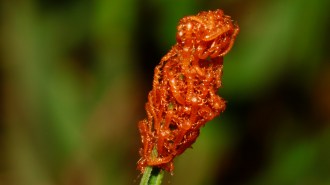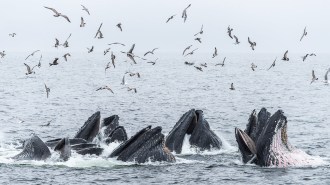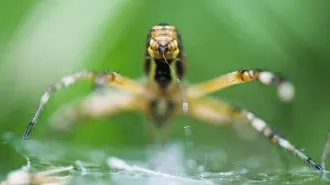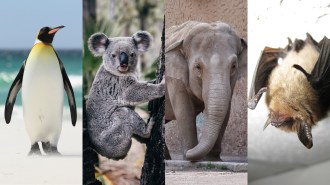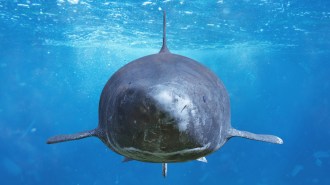D. Albrey Arrington of the University of Alabama in Tuscaloosa and his colleagues have done plenty of fishing, mostly in rivers and marshes. They’ve caught bass in North America, eels in Africa, and piranhas in the neotropics. In all, they’ve landed nearly 38,000 specimens–representing 254 species–and meticulously tallied how many had empty stomachs.

Their data, reported in the August Ecology, show that many fish eat all the time, while some others spend the majority of their days running on empty.
Though just 16 percent of the total catch had empty stomachs, the chance of finding such fish tended to correlate with species. Members of some species always bore evidence of a meal, while up to 80 percent of fish in other species carried none. To the scientists, this suggests that some species snack continuously while for others it’s feast or famine.
In general, Arrington says, “the large top predators, such as bass or tarpon, that fishermen often seek are more likely to be the ones swimming around with empty stomachs.” That may reflect their tendency to engulf other fish whole as a large, complete meal that tides a predator over for awhile. Fish that budget large shares of their time to the intensive care of nests or broods also dine less frequently.
Species that graze on detritus or, like piranhas, only take bites from food sources, appeared to eat nonstop.
****************
If you have a comment on this article that you would like considered for publication in Science News, please send it to editors@sciencenews.org.



